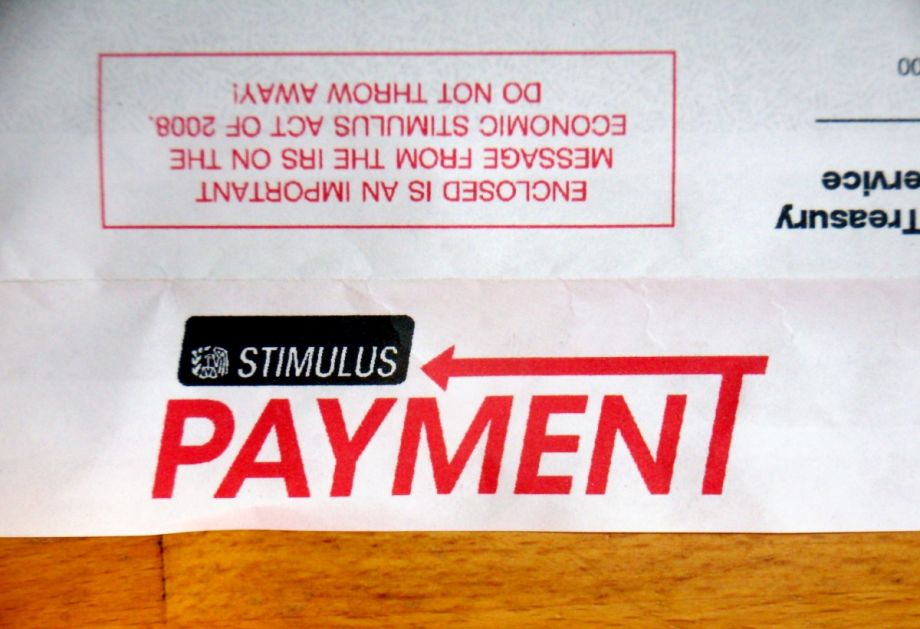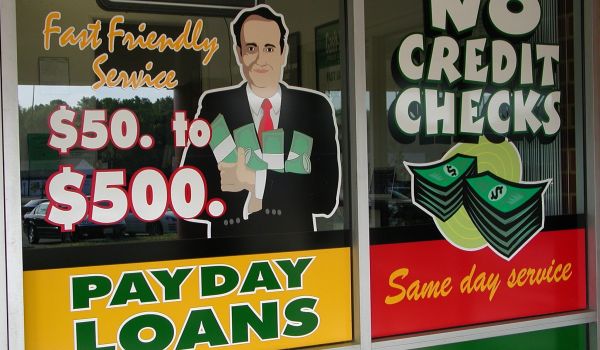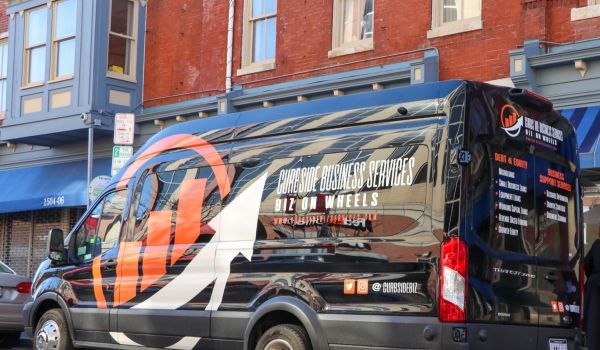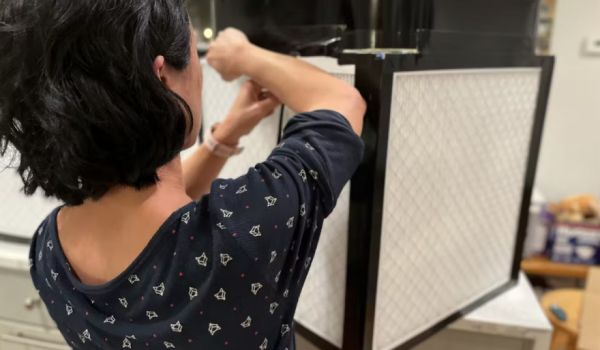Federal Aid for Pandemic-Impacted Americans Is Working, But It’s About to Expire
The economic relief in the CARES Act has prevented 12 million people from falling into poverty, a new study says.
Columbia University researchers forecast that poverty this year will rise to 12.7 percent, from 12.5 percent pre-coronavirus. Without the CARES Act funding — specifically the one-time stimulus checks to many Americans and the expansion of weekly unemployment benefits — the poverty rate would reach 16.3 percent.
“Right now, the safety net is doing what it’s supposed to do for most families — helping them secure a minimally decent life,” Zachary Parolin, one of the Columbia researchers, told the New York Times.
But there’s a major caveat. The official unemployment rate is 13.3 percent, the highest since the Great Depression, and that number isn’t likely to fall soon. Yet the expanded unemployment benefits, which both made gig workers and others previously ineligible for unemployment able to collect weekly benefits and tacked on an extra $600 per week to all unemployment benefits, are set to expire. The extra $600 payments will stop coming in the last check states issue before July 31 (July 25 or 26 in most states), and while there’s been some discussion about a second one-time stimulus, so far the $1200 payment sent to many Americans earlier this year is the only stimulus Americans can expect to receive. At the same time, many eviction moratoriums and other pandemic protections are set to expire: Virginia’s, for example, runs out Sunday.
The Government Sent $1.4 Billion in COVID-19 Stimulus Payments to Dead People
The Treasury and IRS have been trying to get COVID-19 stimulus payments sent out “as rapidly as possible” (even though some low-income households waited months to receive theirs). As part of that rapid rollout, the IRS sent relief payments to relatives of deceased people, waiting until May to tell families that they needed to return the payments.
CBS reports that the Government Accountability Office, in a report to Congress, found that the IRS sent more than one million payments, worth $1.4 billion, to deceased people.
Nebraskans to Vote on Statewide Payday Loan Ban This Fall
Nebraskan activists have turned in 120,000 signatures — far more than required — to place an initiative banning high-interest payday loans on the state ballot in November, the Omaha World-Herald reports.
Sixteen states plus D.C. have placed 36 percent interest caps on payday loans, effectively banning them, as in other states where payday loans are not regulated, lenders typically charge upwards of 400 percent annual interest.
Payday loan industry representatives say the caps would harm their business and that the industry is already regulated in the state: In Nebraska, the maximum payday loan a person can take out is capped at $500 and people can have only two loans at a time.
A nationwide rule that would have restricted payday loans was set to take effect in 2019, but was rolled back by the Trump administration. In May, the New York Times obtained a memo showing that Trump officials manipulated data to justify rolling back its rule.
Other Things We’re Watching
Rep. Maxine Waters introduces resolution to undo the recent changes to the Community Reinvestment Act … no date yet set for a vote.
A coalition led by the Black Economic Council of Massachusetts challenges the business community to spend $1 billion to reduce racial inequities over the next decade … no comment yet from the broader business community.
This article is part of The Bottom Line, a series exploring scalable solutions for problems related to affordability, inclusive economic growth and access to capital. Click here to subscribe to our Bottom Line newsletter.


















